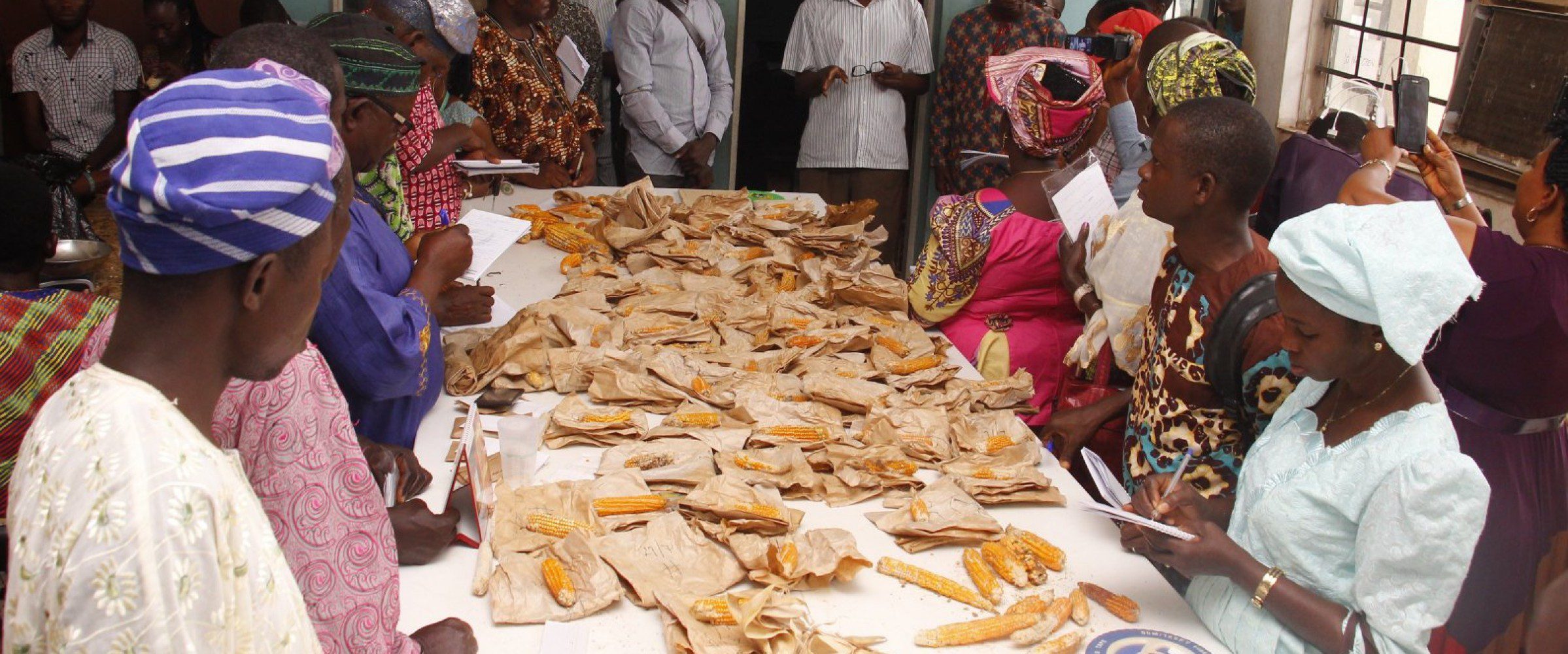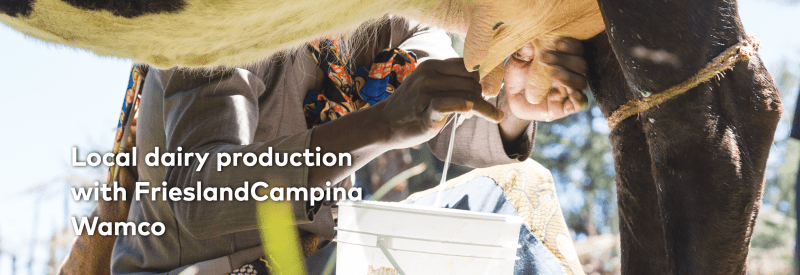
The future of agribusiness support services: new challenges for an old profession
The future of agribusiness support services: new challenges for an old profession
The role of advisors in agribusiness is ever changing. Whereas conventional advisors mainly work with farmers, in the 2SCALE programme iCRA equipped these intermediaries to become agribusiness coaches. A key challenge: how to embed the coaching services into the cost structure of the value chain? The below stories from Nigeria show how agribusiness cluster (ABC) actors themselves find ways to continue the coaching services and cover for its costs.
Coaching after project funds end: ‘We want to pay for you to stay!’ (Maize-Nigeria partnership)
“If you had to pay to continue getting coaching services after the 2SCALE project ends, would you pay – or would you rather drop the whole thing?”
As iCRA agribusiness trainer of the maize partnership in Nigeria, I – Gbenga Idowu – was very interested to see what would happen next. So with this question hanging in the air, I started a discussion with about twenty representatives of the four maize ABCs in Nigeria. The participants represented producers, input suppliers, marketers and women processors conducting maize business in towns across three states in the South West zone of Nigeria. The question was greeted with a moment of deep silence in the room. The participants seemed to be deeply challenged by it, as the coaching services for their clusters over the years have been funded through 2SCALE.
Then the silence was broken. One after the other started sharing the major business breakthroughs in their clusters and in their individual businesses, which they attributed to the coaching services. The high value they placed on the combination of technical, organisational and business relationship building services provided to them was not in doubt.
As if something had triggered a latent potential in the group, the participants started to come up with ideas on how to raise the needed amount within the internal cost structure of the maize partnership. The participants demonstrated their long experience of farmers’ cooperative fundraising as they kept coming up with terms as “dividends on patronage”, “dividends on shares” and “demand dividends”. If all the dividends raised were pooled every year, the money that would be raised could be more than enough to contract competent coaches at cluster levels through a competitive bidding process.
As the exchange of ideas continued, it was clear that a lot of coaching support on coordination at cluster and regional levels would still be necessary to achieve the sums for this idea to work. But it was very heart-warming for me to witness cluster members voicing how much they valued the coaching services and that they would be willing to find a way to pay for the services themselves.

Even when the project ends, milk will continue to flow (Dairy-Nigeria partnership)
FrieslandCampina WAMCO (FCW) is a leading milk processing company, which intends to reducing the import of raw material through local sourcing from Fulani cattle herders. FCW has therefore established milk collection centres targeting Fulani milk producers in the area. Milk collection is a completely new business for the Fulani, who previously only produced for their own consumption and local sale of cheese. Cows are now milked early in the morning, after which the women pool and pour the milk into specially designed and calibrated cans. They take care to keep to the required quality standards and have the milk cans ready for delivery to the collection centre by 9 am at the latest, as agreed.
As most of the women milk vendors prefer having their milk collected at the camp and not make the trip to deliver it to the collection centres themselves, they agreed that the coaches could collect and transport their milk to the milk collection centres using their personal cars. The coaches also began supplying dry season supplementary feeding materials to community livestock workers, who further distribute it to the farmers, who need it to ensure their cows are properly fed.
It has now been about half a year since the coaches initiated this additional transportation service. Over this time, enough trust was built up for the coaches to get the milk from the women on credit. The coaches pay the women for their milk once they have delivered it and get paid by FCW. The coaches now collect on average 200 litres of milk per day from about 10 women milk vendors and the credit has run as high as 100,000 Naira (about € 270). By becoming part-time input providers and milk transporters, they can remain associated with the cluster and at the same time continue their coaching services when needed by the cluster. The Fulani women on the other hand feel secure in the knowledge that when the 2SCALE project phases out, FCW will continue to get their milk supply.
Please find all the field stories in this booklet. Are you interested to learn more about the business support model of ICRA as developed in 2SCALE? Read all about it in 2SCALE’s thematic paper: “Strengthening Business Support Services for Agribusiness Partnerships”.
Footnotes:
1 2SCALE (Towards Sustainable Clusters in Agribusiness through Learning in Entrepreneurship) was a major agribusiness incubator programme implemented from 2012 until 2017. The programme promoted inclusive agribusiness partnerships in nine African countries and is implemented through an international consortium, led by the International Fertiliser Development Centre (IFDC) together with the Base-of-the-Pyramid Innovation Centre (BoPInc) and iCRA, an international centre for developing facilitation skills in agriculture.

Recent Comments